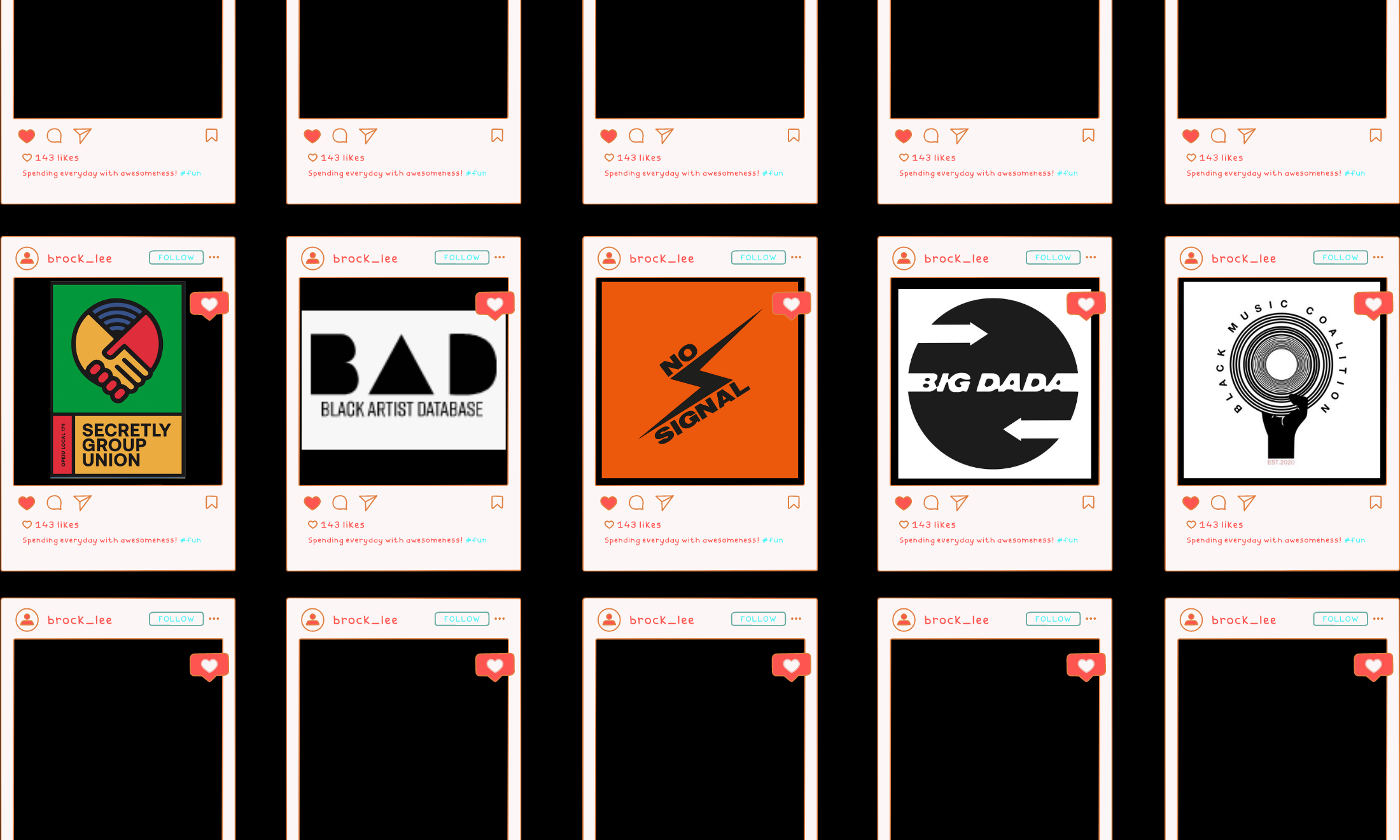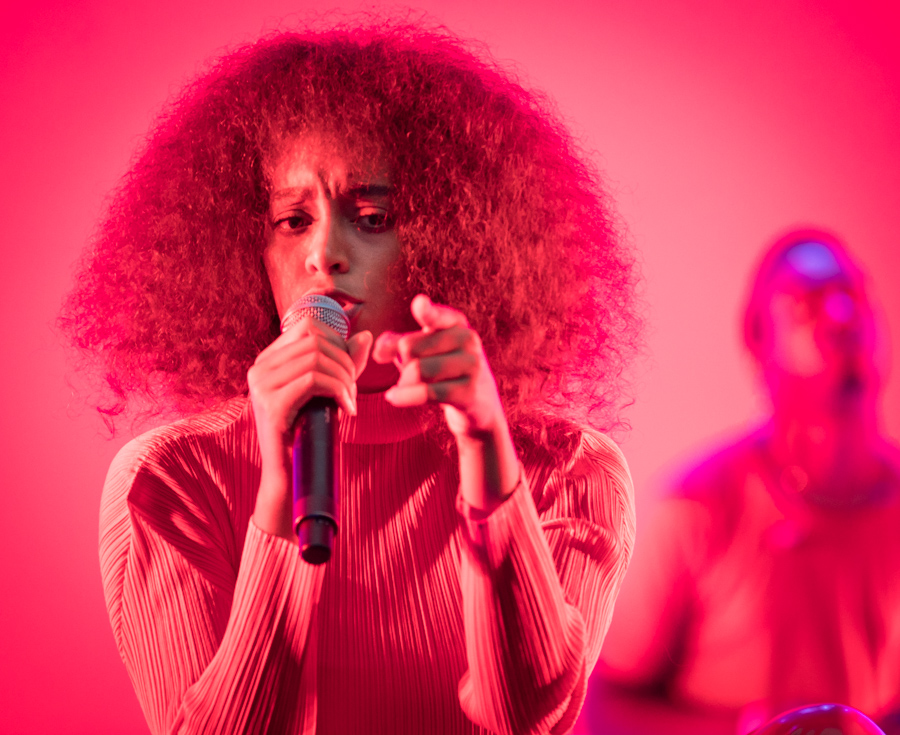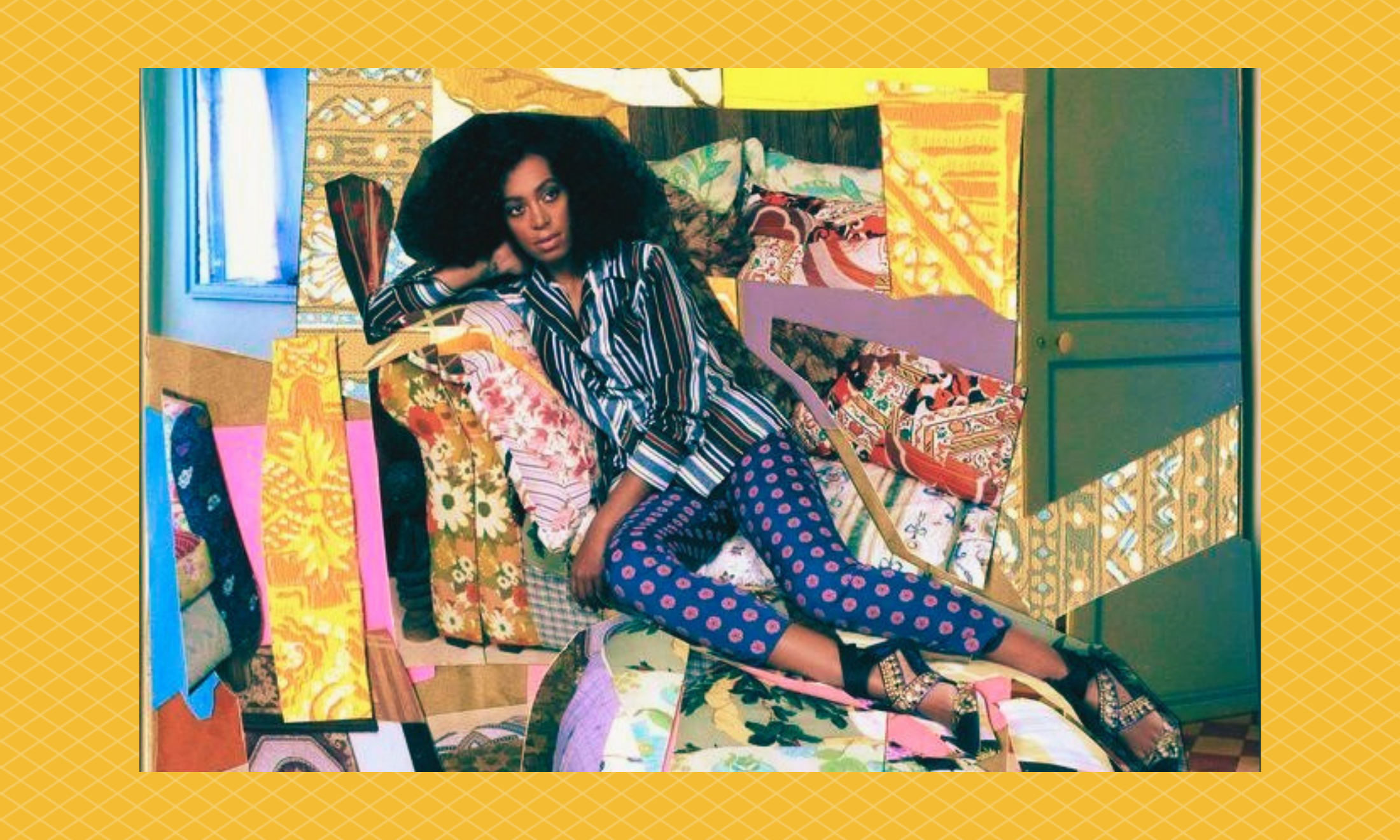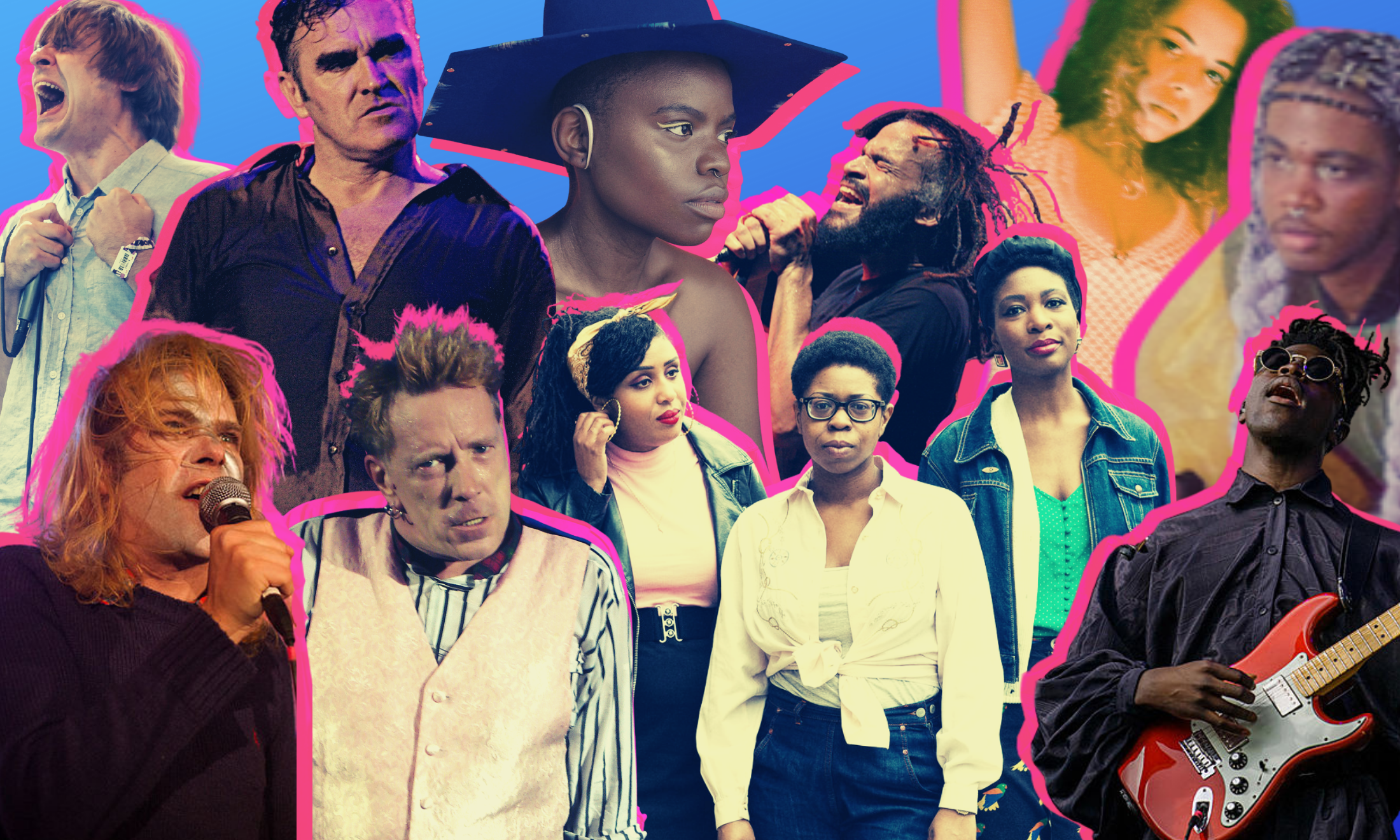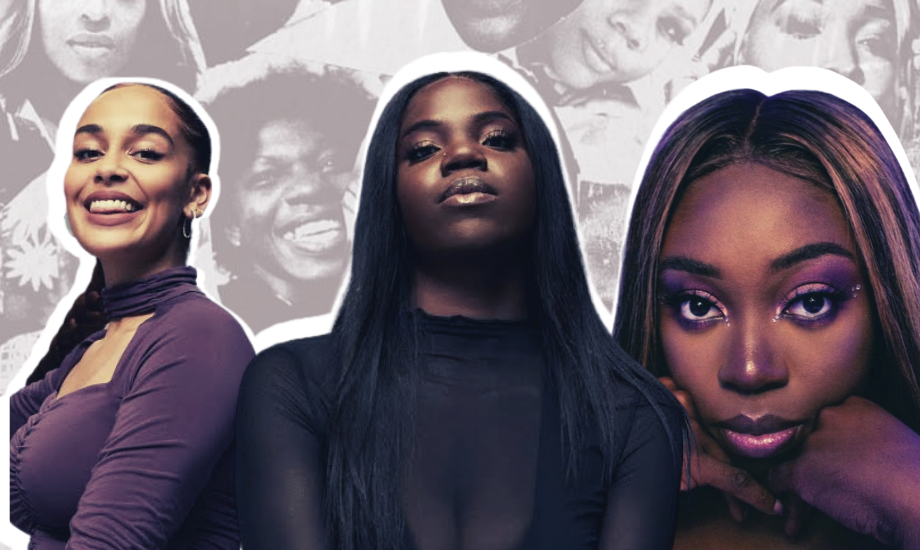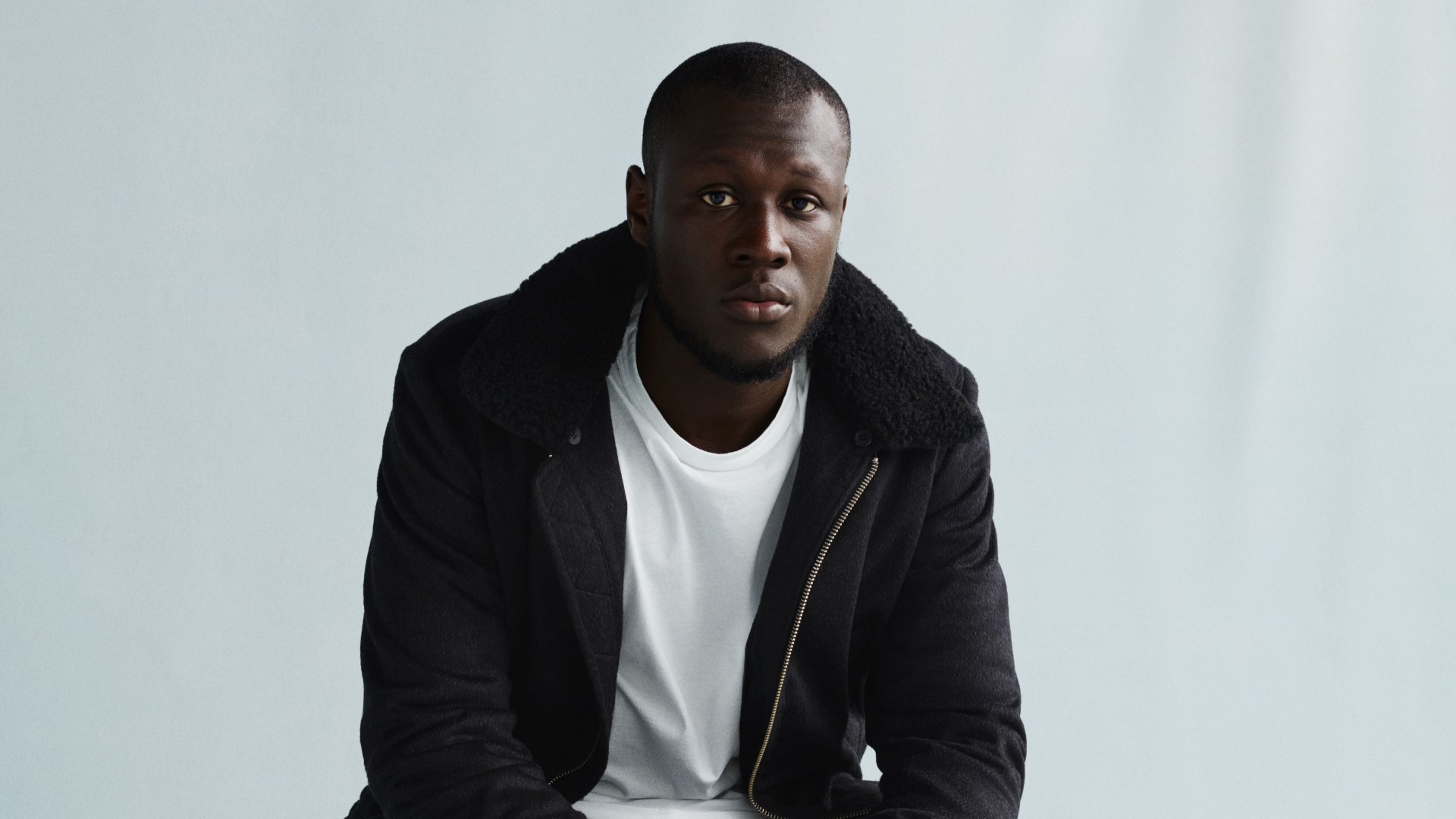
Stormzy’s Snowbombing cancellation is an example to follow in a racist industry
Tara Joshi
13 Apr 2019
As people of colour attending gigs, it’s often the case that you’re in the minority. Regardless of genre, there’s an acceptance that the concert you’re attending might not be a safe space for you – or that your presence there will be viewed through a certain lens (music publicist Michelle Kambasha wrote harrowingly a few years ago about being the only black woman at various indie gigs, and the assumption often made that she must be the bathroom attendant).
Even working in the lower ranks of the industry, the microaggressions can come thick and fast when going to shows – much as we might like to pretend it’s more “progressive”, the music business is one still built and dominated by white men, and the system works accordingly.
“Much as we might like to pretend it’s more ‘progressive’, the music business is one still built and dominated by white men, and the system works accordingly”
But, in spite of being aware of this, I guess there has remained a naive, hopeful assumption within me that with success, and with being the person actually on-stage, it surely gets better: that for a high-profile artists of colour and their inner-circle, say, the microaggressions and outright aggressions cannot exist in the same way when performing.
Even though the right-wing press admonish him on the regular for simply existing as a young black man, to be as famous and successful as Stormzy is surely to have been accepted by music industry whiteness, to an extent?
Obviously, that’s just not true. This week, Stormzy pulled out of a headline slot at Snowbombing festival in Austria, following an incident of racial profiling. According to Stormzy’s Instagram stories and a statement released by the festival, security had “reason to believe” someone was carrying a weapon and – in spite of the fact that none of his party matched the description – his manager and friends were all searched and handled aggressively.
Reading the comments is a dangerous game, but it’s actually fascinating looking at the white gaslighting of Stormzy. In a tweet that has since been deleted, the festival itself offered drinks tokens to anyone replying saying that they had found the security at the festival to be helpful. The audacity of this is fully mind-boggling.
There are also countless white fans upset at him for cancelling, saying that we don’t know all the facts of what happened so can’t automatically take his side, that the security might have made an “honest mistake”, and admonishing Stormzy for playing the “race card” (and huge props to Stormzy for calling this kind of reaction out on social media).
“Here is an artist using his platform to actually call racism out, to take a stand and to even make his white fans question themselves on this (even if it means losing a few of them – good riddance, to be fair)”
If Stormzy wanted to be quiet, play the show and take the money, no one would have known. But here is an artist using his platform to actually call racism out, to take a stand and to even make his white fans question themselves on this (even if it means losing a few of them – good riddance, to be fair).
This is not an isolated phenomenon – countless black artists have faced similar issues, regardless of their fame. At a festival I attended in Belgium recently, where the line-up was almost entirely people of colour, one of the performers was called the N-word by a group of white attendees after the show.
Dev Hynes (aka Blood Orange) was assaulted by security at Lollapalooza in 2014 after his set there, while wearing a t-shirt with dedications to Eric Garner, Jordan Davis, and Trayvon Martin – Hynes tweeted that he was trying to defend his then-girlfriend from the security: “They grabbed her, I asked what they were doing and they grabbed my neck and threw me to the ground, then two others joined in on me.”
Back in 2008, Kele Okereke of Bloc Party was allegedly subject to an unprovoked racist attack from the Sex Pistols’ John Lydon and his entourage (Lydon initially denied the incident outright, and in interviews has expressed upset at the accusation of being racist).
And although it’s not the same thing as experiencing racism as an artist who is actually playing the event, I think it’s worth remembering that in 2016 Solange Knowles was pelted with limes at a Kraftwerk show she attended with her husband and then-11-year-old son, inspiring a beautiful, searing essay on the subject (which led to Michelle’s op-ed linked previously).
For Stormzy to have got to the level he’s at is as much a testament to his personal strength as it is to his artistry – to deal with the levels of institutional racism constantly as he progresses through the industry and plays around a largely anti-black world can only be a hugely draining thing, not least when it’s met with gaslighting from the white industry and white fans over whether any of this is even that big of a deal. So we salute him for being vocal with his platform, and for speaking out so that smaller artists with less clout might have an easier ride.
These are battles faced every day, for artists and punters alike – and, of course, it’s not always safe to call these things out. But if we are in a position where we can call out injustices at shows and festivals – be that a racist door policy, an inappropriate security search, or someone else in the crowd making you uncomfortable on the grounds of your identity – Stormzy, as always, has given us the example to follow.

